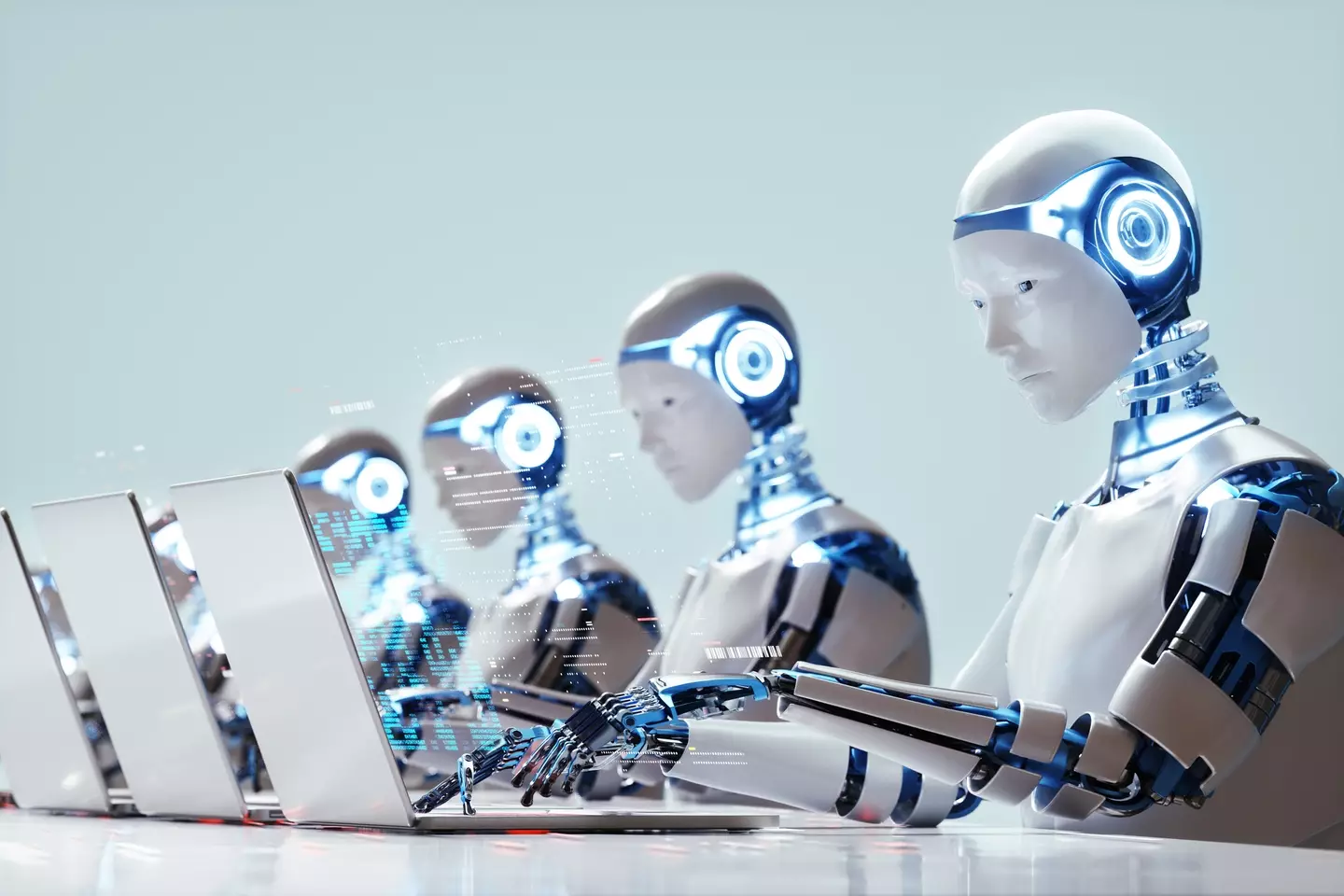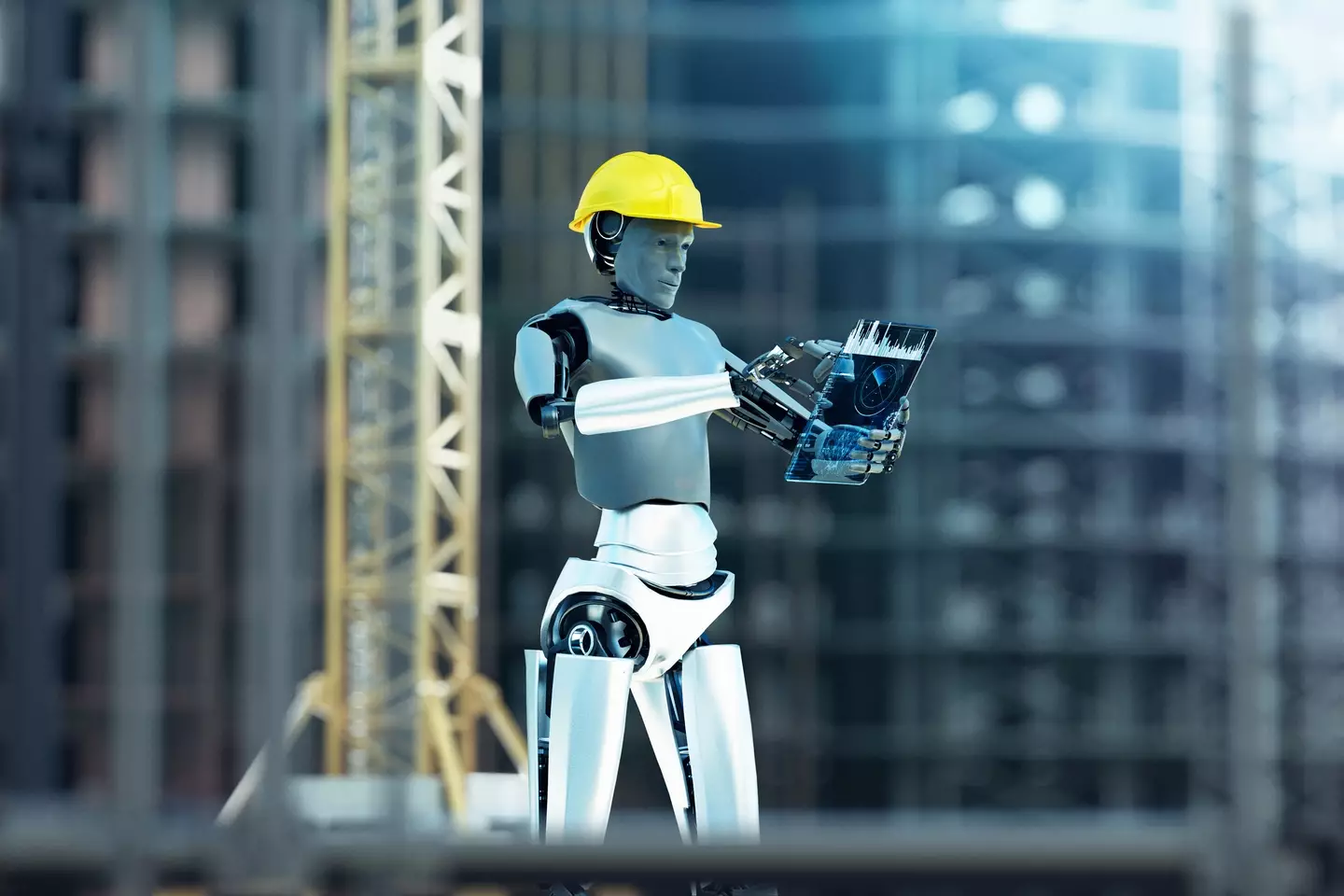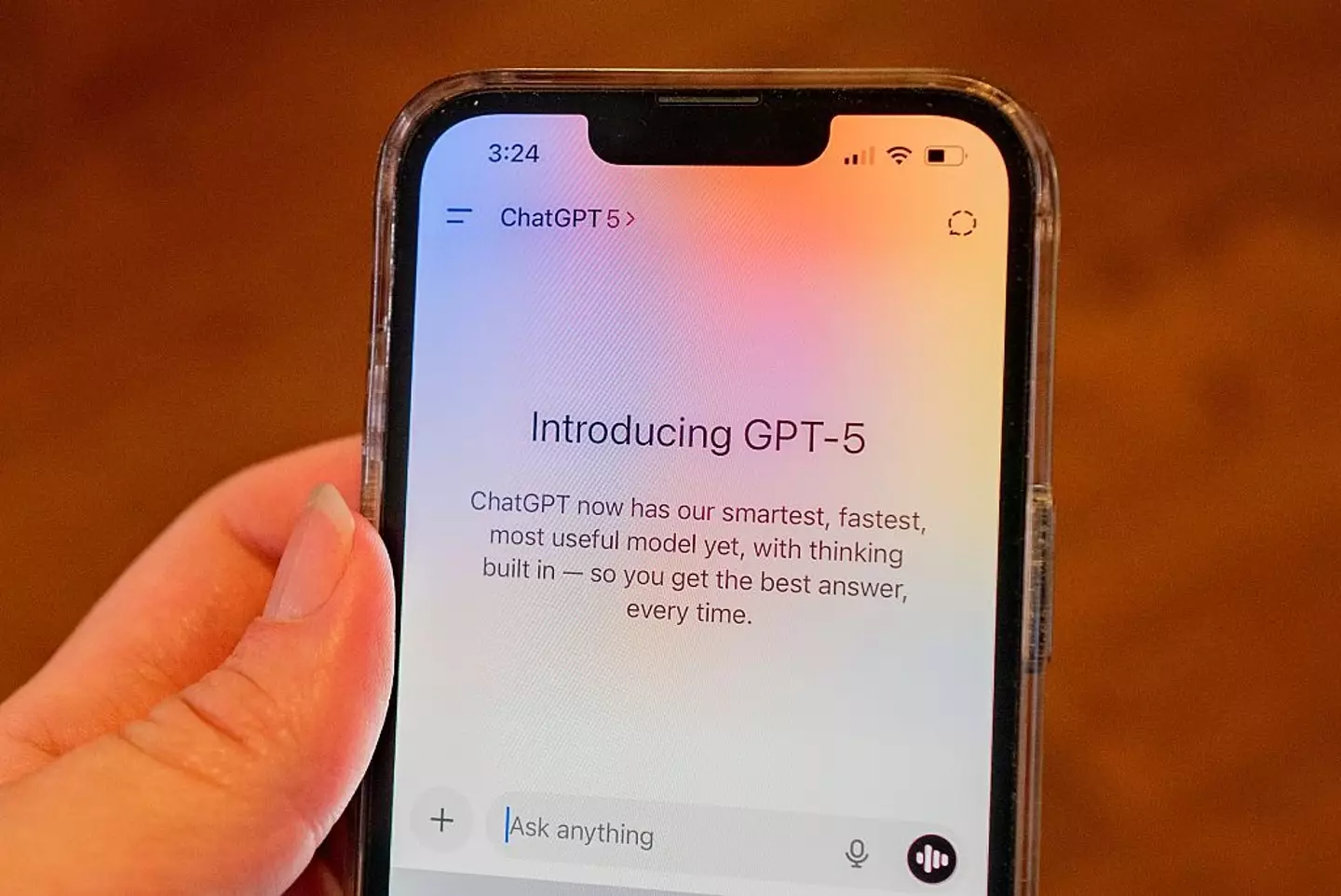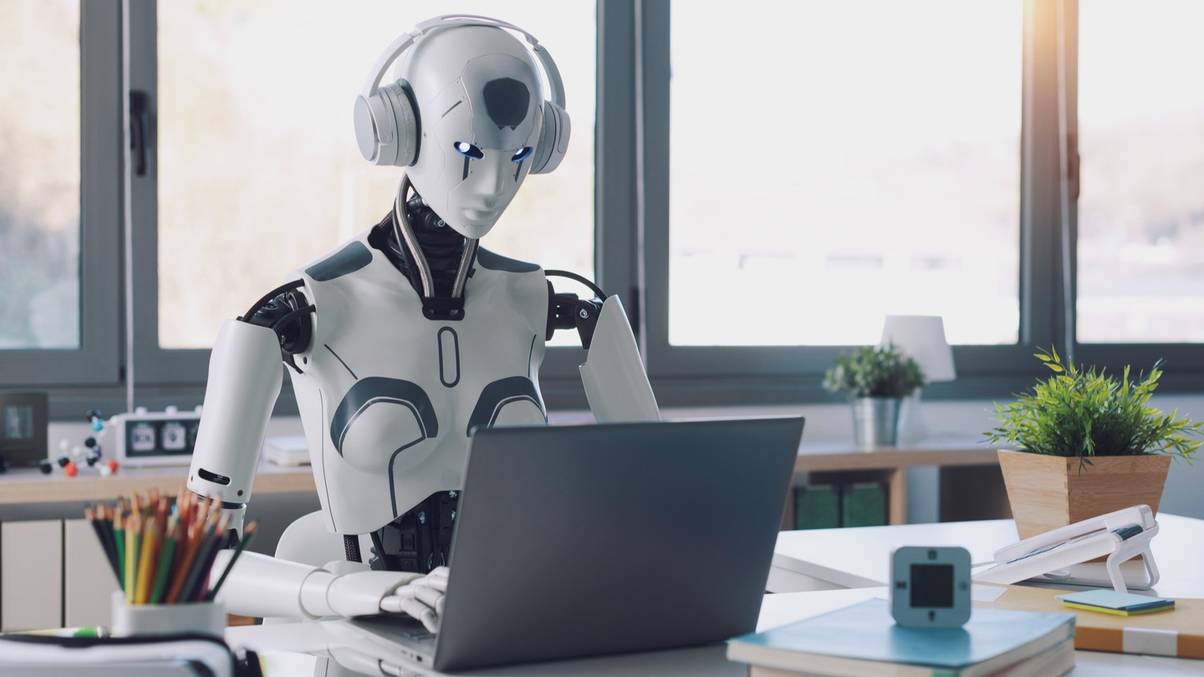Shock Warning: The 10 UK and US Jobs ChatGPT Is Set to Obliterate by 2030—Are You on the List?
Ever caught yourself wondering if your next coworker might just be a robot in disguise? Well, brace yourself — that sci-fi nightmare is inching closer to reality. ChatGPT, yes that clever AI everyone’s buzzing about, just spilled the beans on 10 jobs it reckons it could replace in the UK and US by 2030. Now, if the thought of a chatbot booking your holidays on Expedia or crafting the perfect Spotify playlist for your weekend shindig already sounds convenient, just remember: the smarter these AI apps get, the sharper their skills become — and that includes stepping into your office shoes. Sam Altman, the big boss at OpenAI, envisions a future where ChatGPT isn’t just an assistant but a chatty mate who boosts your productivity and creativity. But here’s the kicker — with all these bells and whistles, could your job be next on the AI chopping block? Curious which gigs might become obsolete sooner than you think? Dive in and find out if your title is on the list.
The terrifying thought of being replaced by robots is becoming a reality, after ChatGPT shared the 10 jobs it thinks it will replace in the UK and US by 2030.
It comes after OpenAI’s latest announcement that users will now be able to use apps like Booking.com, Expedia, Spotify, and Canva in ChatGPT.
Helping you find the best holiday deal on Expedia or asking Spotify to make an ideal playlist for your mates houseparty are just a couple of the new functions aimed to make our lives that bit easier.
“We want ChatGPT to be a great way for people to make progress, to be more productive, more inventive, to learn faster, to do whatever they’re trying to do in their lives better,” said CEO Sam Altman.
“[Apps inside of ChatGPT] will enable a new generation of apps that are interactive, adaptive, and personalised, that you can chat with.”
But with all the supposed benefits, it also means that the better it gets, the more likely it will have the required skills to take your job.
With that frightening idea in mind, we asked ChatGPT what 10 jobs it thinks it will be able to ‘replace’ in the next five years.
Telemarketers / call centre agents / customer support representatives

The jobs most at risk of being replaced have been revealed by ChatGPT (Getty Stock Images)
We all know how annoying AI chatbots can be when all you want to do is speak to a real person about your enquiry.
But ChatGPT reckons that automated systems are improving fast and that it will only get better at handling routine stuff.
Data entry / clerical / transcription roles
In my line of work, we’ve been using AI transcription services for some time now, and it’s great for when you’re pulling the best lines from an interview.
And ChatGPT says it will be able to do this even ‘faster and more reliably’ in the future.
Bookkeepers / payroll clerks / basic accounting roles
Given that much of their tasks like invoicing, reconciling, and expense processing are apparently already automated, the chatbot thinks it can easily deal with that workload.
Travel agents / reservation clerks
As mentioned above, with the new integration of travel apps within ChatGPT, it’s only going to make bookings and planning a lot easier than before.
Warehouse operatives / pickers / packers

The need for human labour is becoming less and less (Getty Stock Images)
You will have seen those videos of robots handle picking, packing and sorting warehouse inventory, and automation will improve this further.
Proofreaders, copy editors (basic levels)
Spell check has been around for some time now, but AI will be so advanced that it’s becoming increasingly capable of spotting errors, improving grammar, and rephrasing text.
Paralegals / legal assistants (for routine tasks)
“Contract review, document drafting, legal research for standard cases can be partially automated,” ChatGPT insists.
Insurance underwriters / claims processors

ChatGPT is always introducing new functions (Smith Collection/Gado/Getty Images)
ChatGPT reckons that routine claims will be able to be processed and dissected at a much higher level in the next five years.
Retail cashiers / point-of-sale roles
We’ve already seen self-checkout systems and cashierless shops, which means that automated checkout will reduce the need for an actual human.
Routine manufacturing / assembly line operators
Similarly, many manufacturing processes are already automated and further AI upgrades can reduce human roles.

















Post Comment